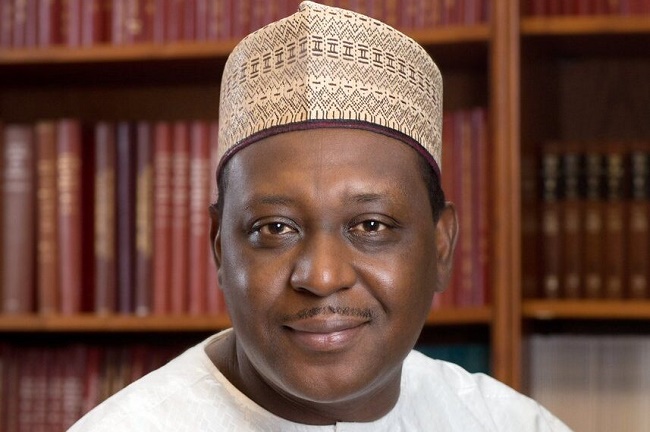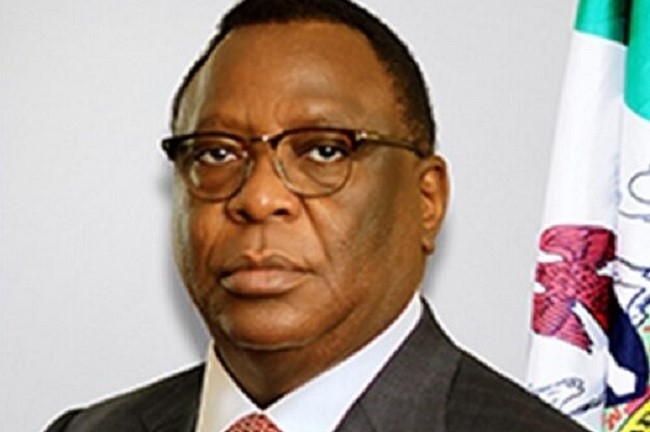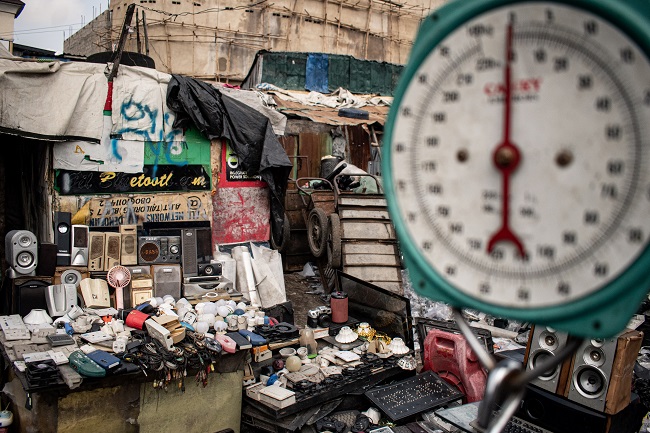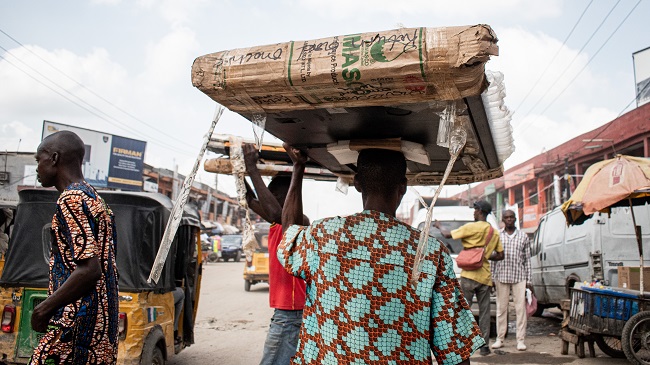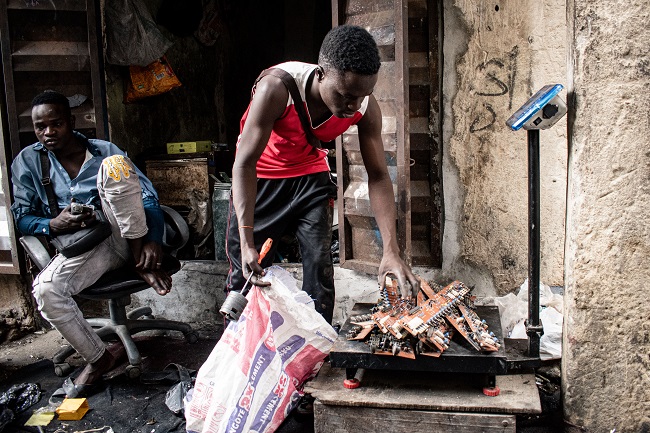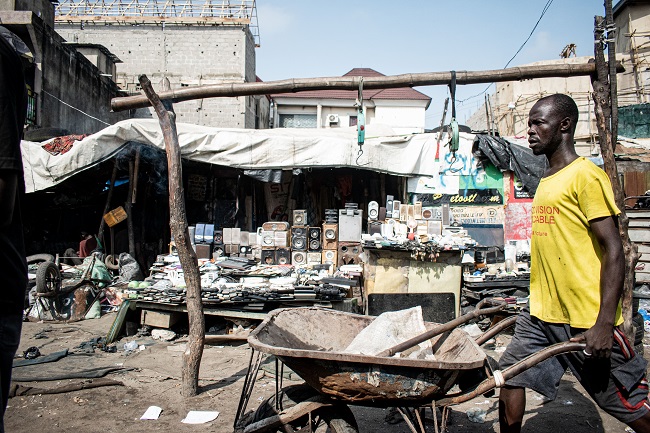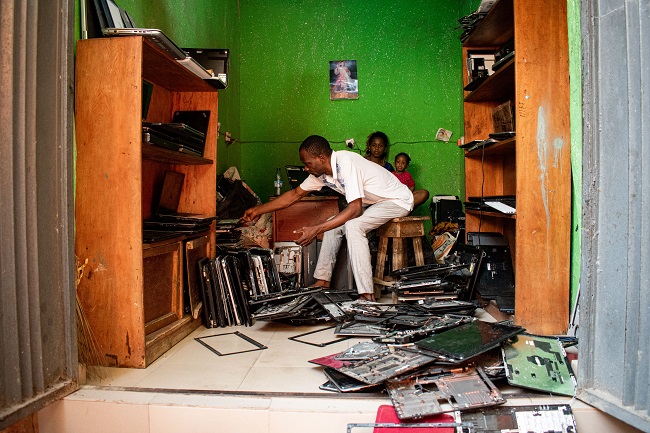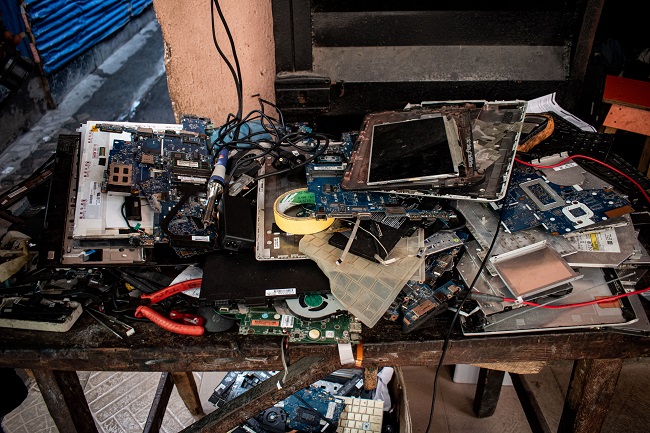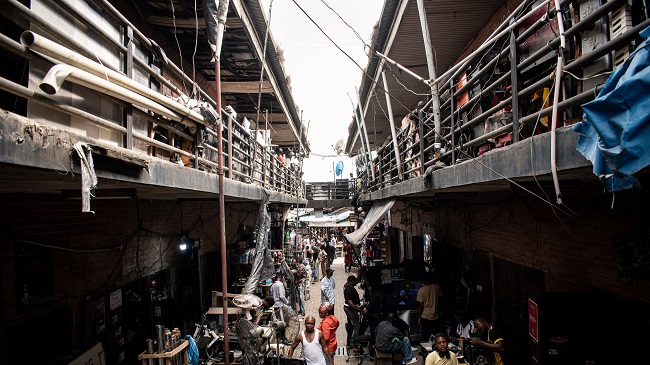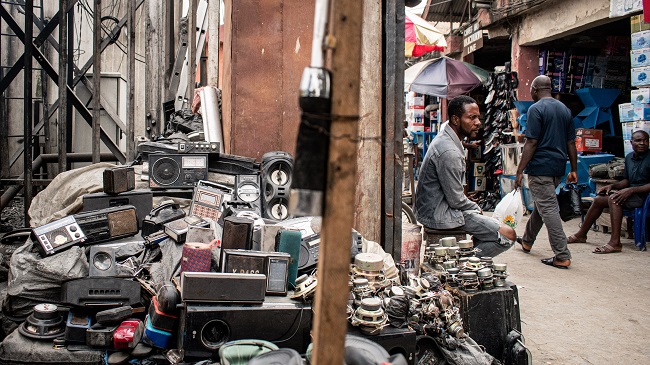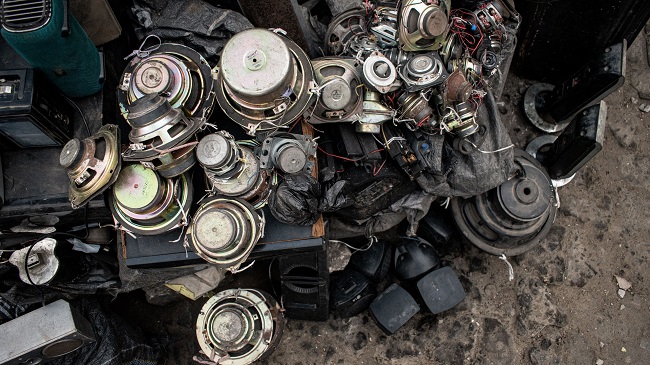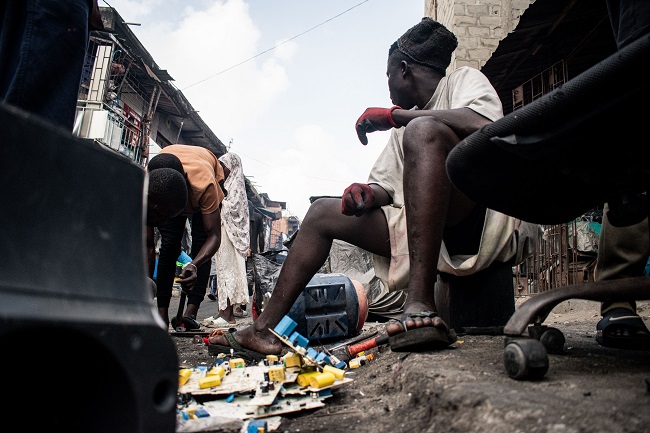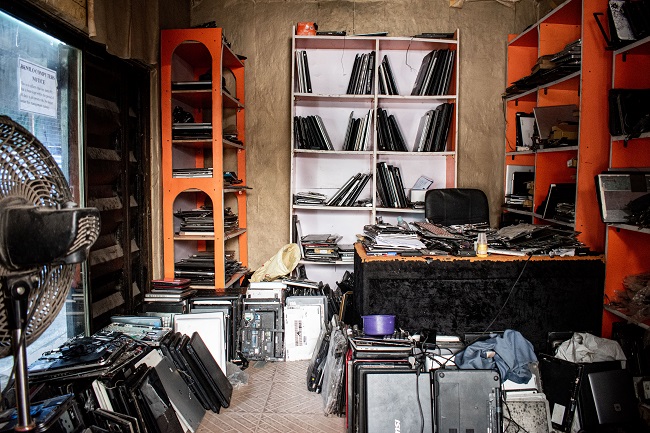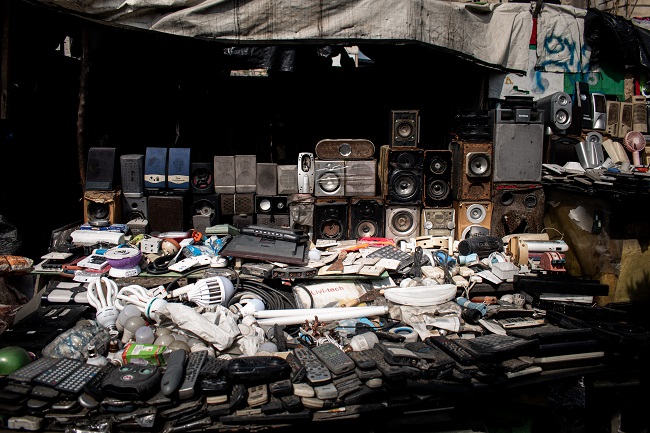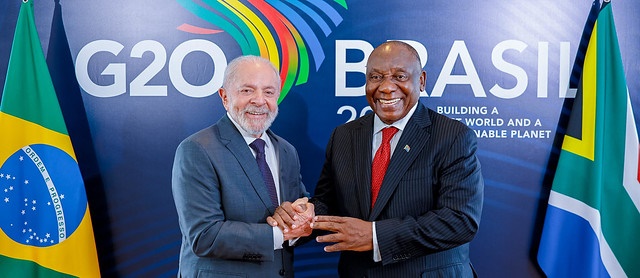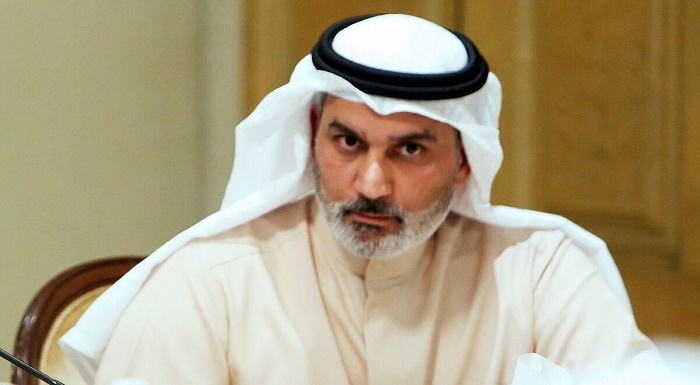The Lagos Waste Management Authority (LAWMA) has warned property owners, agents and private occupiers in the state to desist from illegal recycling and scavenging in unlicensed facilities.
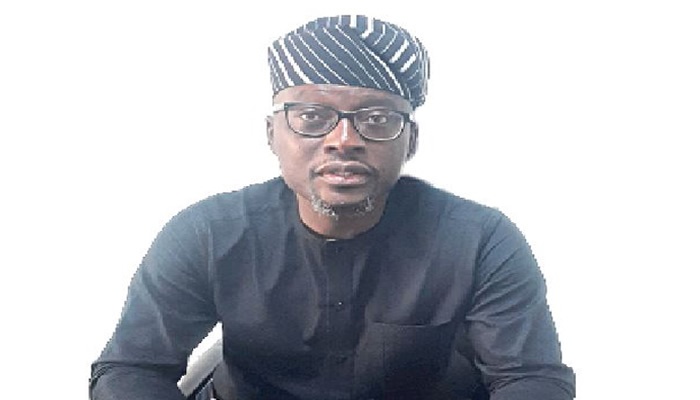
Managing Director of LAWMA, Dr Muyiwa Gbadegesin, who gave the warning in a statement on Friday, February 14, 2025, in Lagos, urged them to halt indiscriminate sorting, dumping, storing and trading of recyclable waste in their facilities and in public spaces around them.
He noted that such activities not only degrade the city’s aesthetic appeal but would also disrupt the rights of property owners, contributing to serious environmental hazards.
“LAWMA has observed a rising trend of indiscriminate waste sorting, dumping, and trading of recyclables in unauthorised locations.
“These activities violate the Lagos State Environmental Management and Protection Law, 2017 and will not be tolerated.
“Any individual or entity engaging in illegal recycling or scavenging will face strict enforcement measures and penalties as prescribed by law,” he said.
According to him, part III, Section 85 & 86 of the law makes the deposition of recyclable waste in undesignated locations strictly prohibited.
Gbadegesin added that LAWMA would take the necessary steps to enforce compliance, including prosecuting violators and shutting down offending facilities.
“We cannot fold our hands and watch few people derail the ongoing efforts to make the environment cleaner and livable for all residents.
“I want to add that property owners who permit unauthorised recycling or scavenging activities on their premises risk revocation of property right and other legal consequences,” Gbadegesin said.
He urged residents and stakeholders to utilise only licensed recycling facilities and registered waste collectors to ensure proper waste management in Lagos.
He enjoined Lagos residents to report illegal activities through LAWMA’s official channels.
“We remain committed to achieving a cleaner and more sustainable Lagos, but we need the cooperation of all residents.
“We urge everyone to comply with waste management laws of the state and contribute to a healthier environment,” Gbadegesin said.
He advised property owners, businesses and the public to take the final warning seriously and avoid actions that could lead to serious legal repercussions.
In a related development, Gbadegesin said that a joint enforcement team has dislodged squatters and illegal recyclers at Ijora-Olopa under bridge.
He said the team comprised officials of LAWMA’s Monitoring and Compliance Department and the Lagos State Environmental Sanitation Corps.
Gbadegesin said the enforcement exercise would continue in other areas of the state in line with the zero tolerance for waste policy.
He said there would be no hiding place for any individual or group of persons bent on causing environmental degradation and undermining efforts of the authority.
By Fabian Ekeruche

